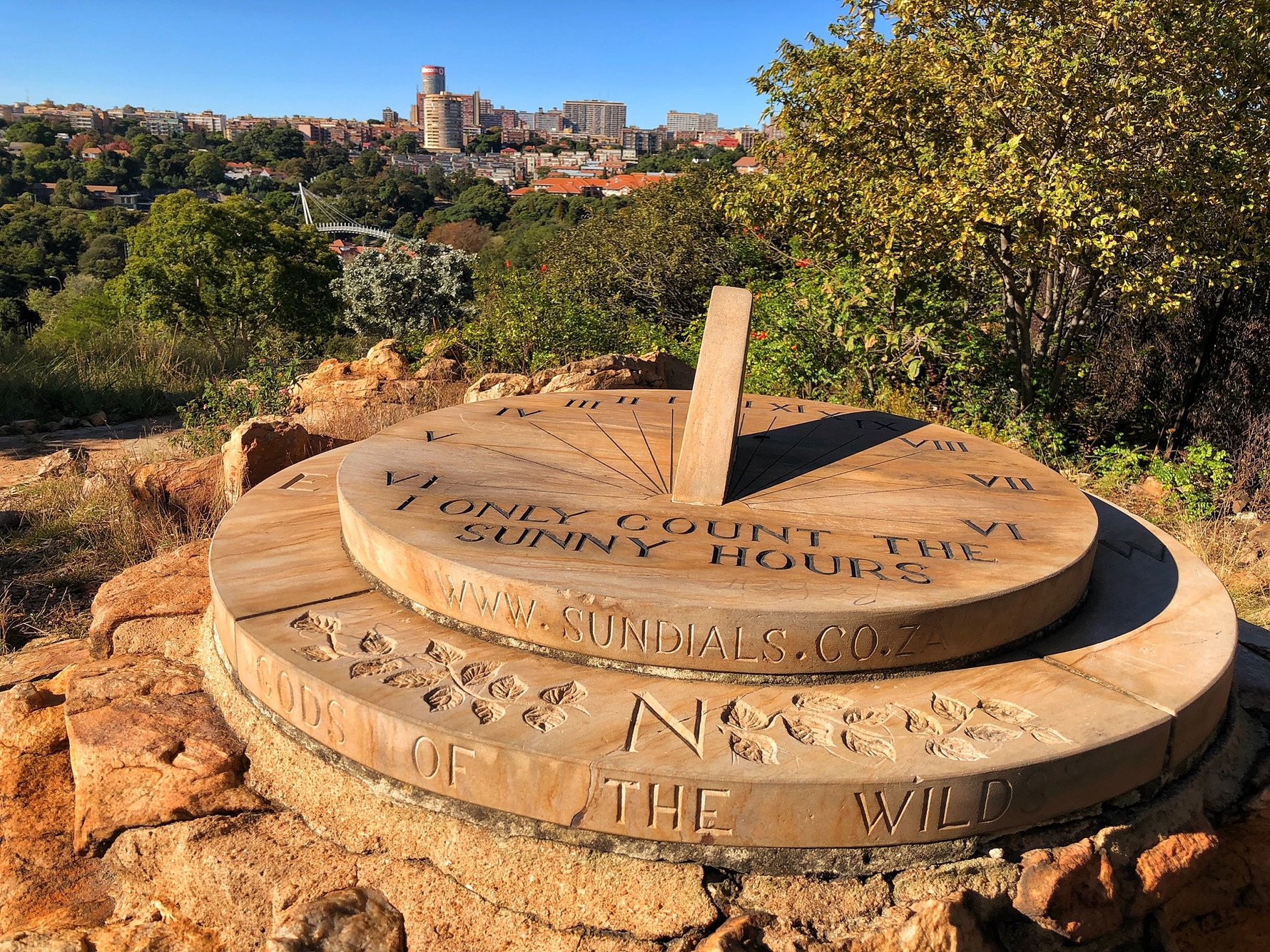
As much urban jungle as it is a sprawling city, Joburg also has plentiful parks. For its exceptional views, water features, winding stone pathways, magnificent trees, and quirky artworks by James Delaney and other artists, The Wilds nature reserve in Houghton is easily one of our favourite green spaces. It's also home to a large variety of indigenous plant species, which makes it popular with flora enthusiasts.
The Wilds is also a magnificent example of what can change when a community gets involved. Over the years we have watched it transform, first with singular efforts, and then with a movement that has grown around taking care of the park and recognising its importance as a safe public space, and a key heritage site in Joburg, that is welcoming to all.
The history of the wilds dates back to 1924 when the land on which The Wilds is located was donated to Joburg by the Johannesburg Consolidated Investment Company (JCI). The donation of this four-acre park was a gift to the citizens, the only conditions of the JCI being that the land remained in its natural state and was always open to the public. In 1938 it was opened to the public, and in 1968 JCI donated four greenhouses to the park. It was declared a national monument in 1981.
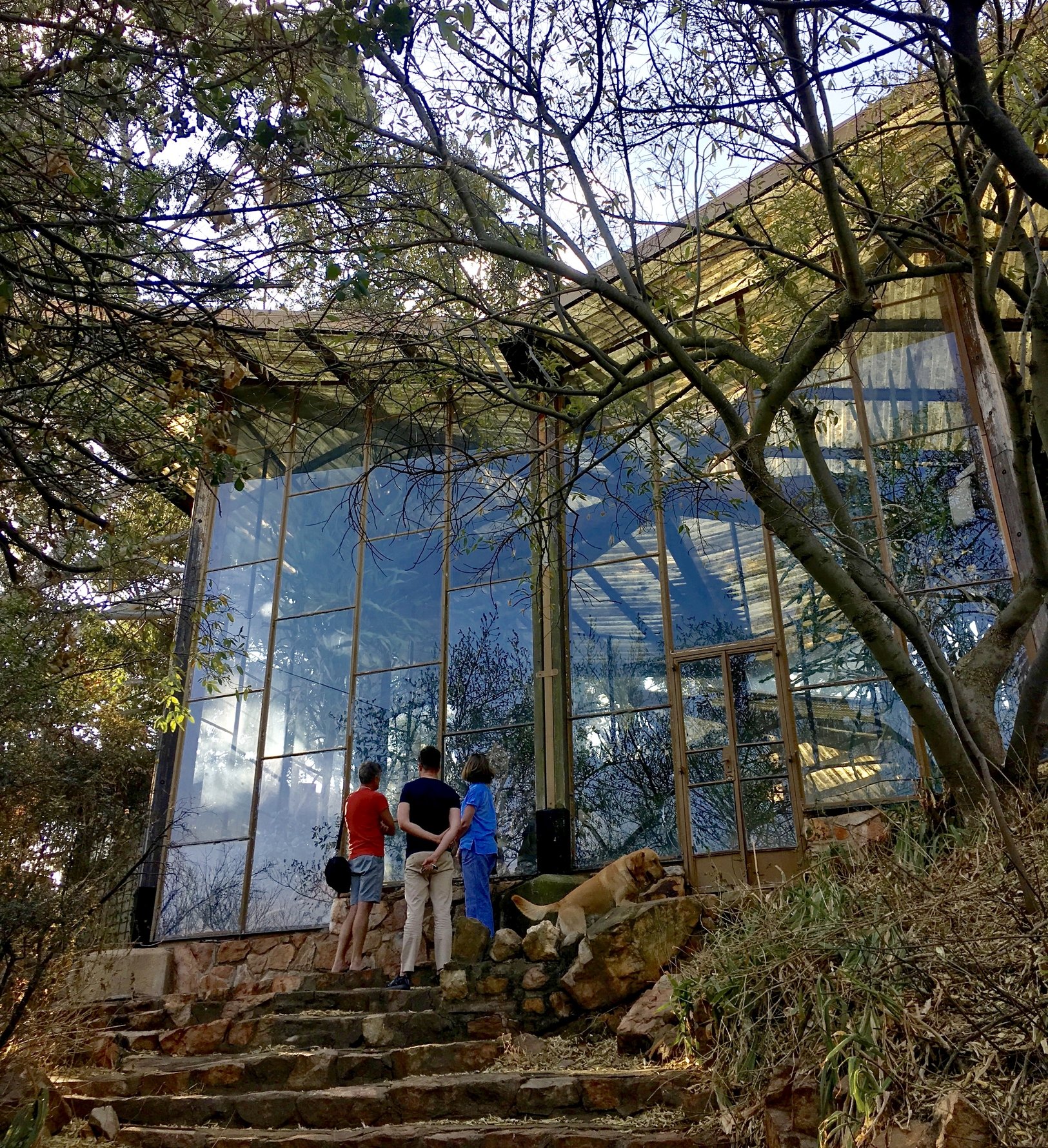
While The Wilds was enjoyed for a good half a century, increased crime in the area in the 1980s and 1990s deterred visitors, and the park became all but forgotten. The Wilds truly became the wilds, at one point a haven for smash-and-grabbers who haunted motorists at the nearby intersection.
Despite the neglect, there were ongoing attempts to maintain the park. In the early 2000s, a local resident, TJ de Klerk, lobbied to have the park fenced and to open up overgrown pathways. He also took people on guided walks to create more awareness but became discouraged after his efforts had little success. Even though City Parks workers continued to mow the lawns and sweep the paths long after De Klerk had halted his attempts at rejuvenation, they were scared to venture too far into the park. And so, The Wilds remained overgrown.
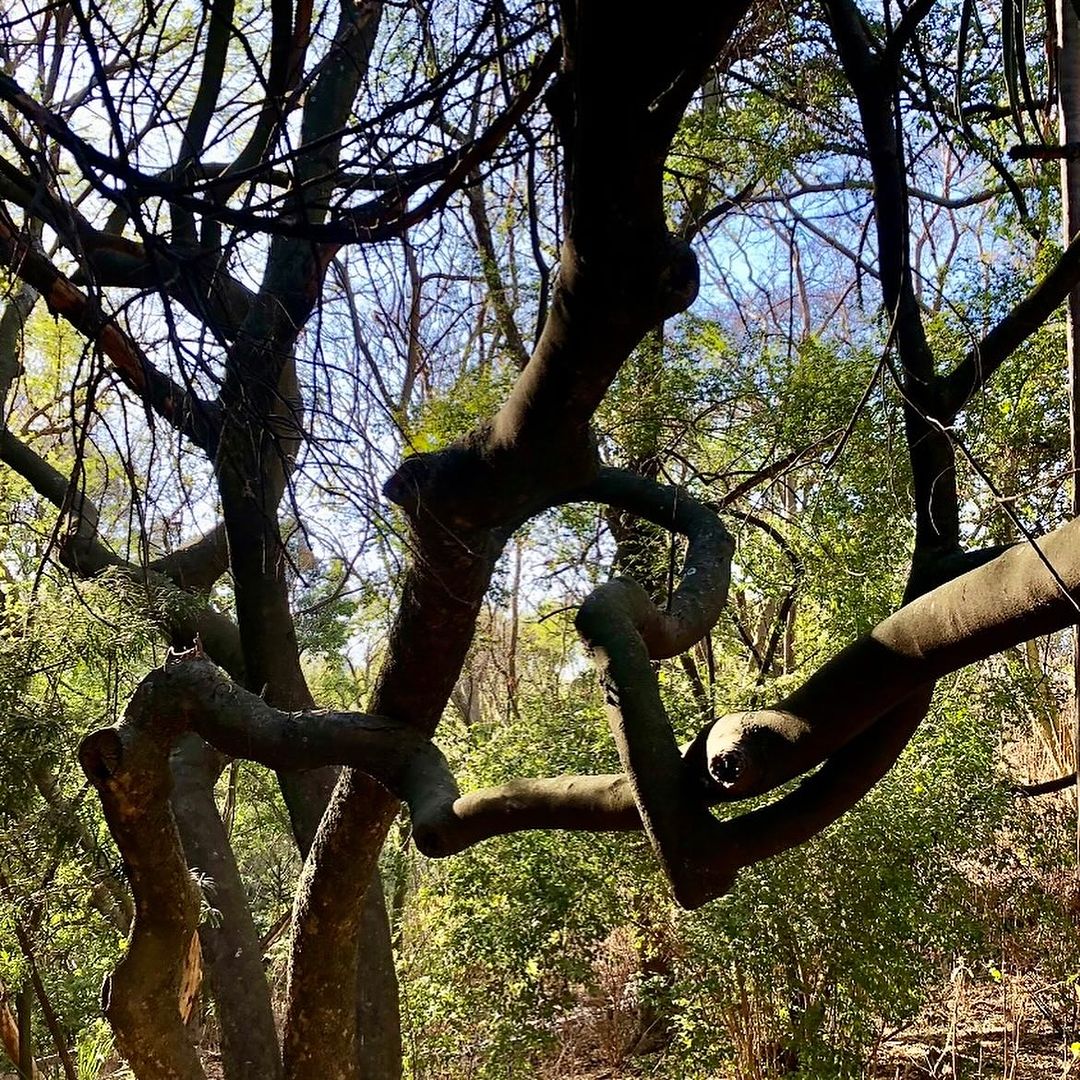
"The staff were afraid of their own park," says artist James Delaney about his early experience of The Wilds in an article written for the Sunday Times. Delaney's own relationship with The Wilds began in 2014 when he got his beloved dog, Pablo, and needed a place to walk him. Though he'd been living next to this sprawling park for years, nobody he knew had ever visited it. What's more, he found it to be in a dismal state. "It was so dark and overgrown one couldn't go in. People in my area [Killarney] saw it as an extremely dangerous place," Delaney says.
Despite its reputation, The Wilds continued to intrigue Delaney. The more he visited, the more he fell in love with its "exquisite beauty." He loved the indigenous trees, the stone pathways, and the peace of the area. From this love grew a desire to renew the park.
The rejuvenation of The Wilds has taken many dedicated hours of volunteer efforts and a substantial amount of fundraising, but this never discouraged Delaney from marshalling efforts to restore the park to a place of pride in Joburg. His first attempts began with a pair of clippers that he used to remove collapsed branches when he took Pablo for walks. Whenever he found cycad babies, he took them to the nursery, and he also removed lower branches to allow smaller plants to get water and light. Soon after, he recruited Thulani Nkomo to help him clear the undergrowth and dead branches and redo some of the flowerbeds. We are proud to have played our small part in this – we were among the early volunteers to visit with Delaney to start clearing the dense growth that obstructed the magnificent views.
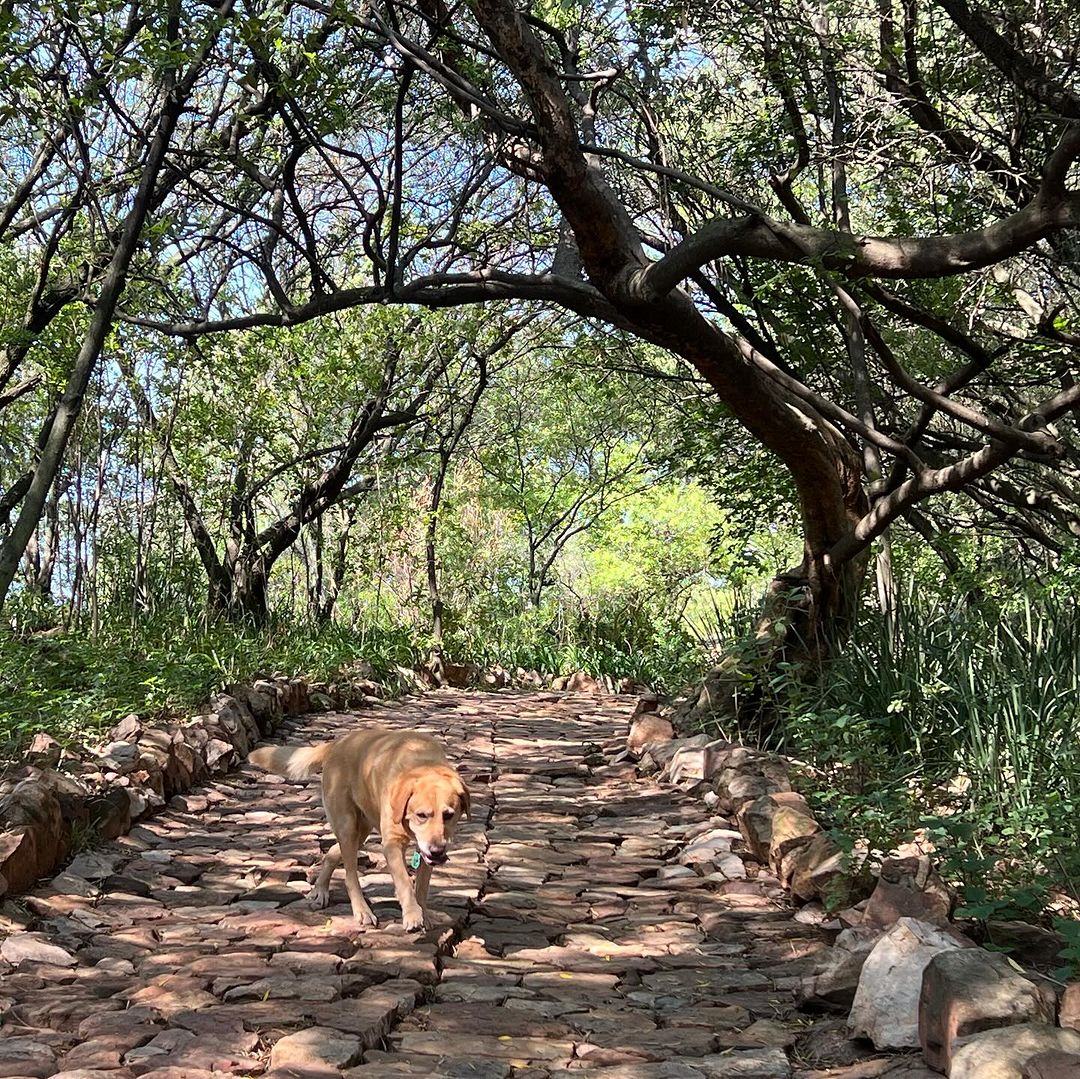
For three years, Delaney and Nkomo worked tirelessly to clear the area. Their efforts were rewarded when old plants started flowering again and more people got involved. But Delaney realised that further help was needed in the form of funding and volunteers. Having seen the renewal of Central Park in the 70s and 80s, he knew it was possible to inspire people to get involved. Delaney was certain that once people saw the space, they'd fall in love with it. The question was how to get them in.
Delaney has been a practicing artist for many years and is known for his drawings, prints, paintings, and sculptures. In seeking to attract more people to his cause, he naturally turned to art. Using owls as his inspiration, in 2017 he made several charcoal drawings that were laser-cut by Chris Lenferna. These were painted in bright colours that would stand out against the forest of The Wilds, and are now a central feature of the park.
Delaney hoped his owls would draw attention to the trees and give people something to talk about. Signs put up at the park encourage visitors to count as many owls as they can (there are 67!) as they wander through the trees. Delaney chose to cut 67 owls in particular in remembrance of the number of years Nelson Mandela gave to public service. He also tied the unveiling of the owls to Mandela Day. "Hundreds of people came that day, armed with clippers and saws. Kids screamed with delight when they saw the owls. Parents picnicked, people chopped and cleared and planted," Delaney reflects.
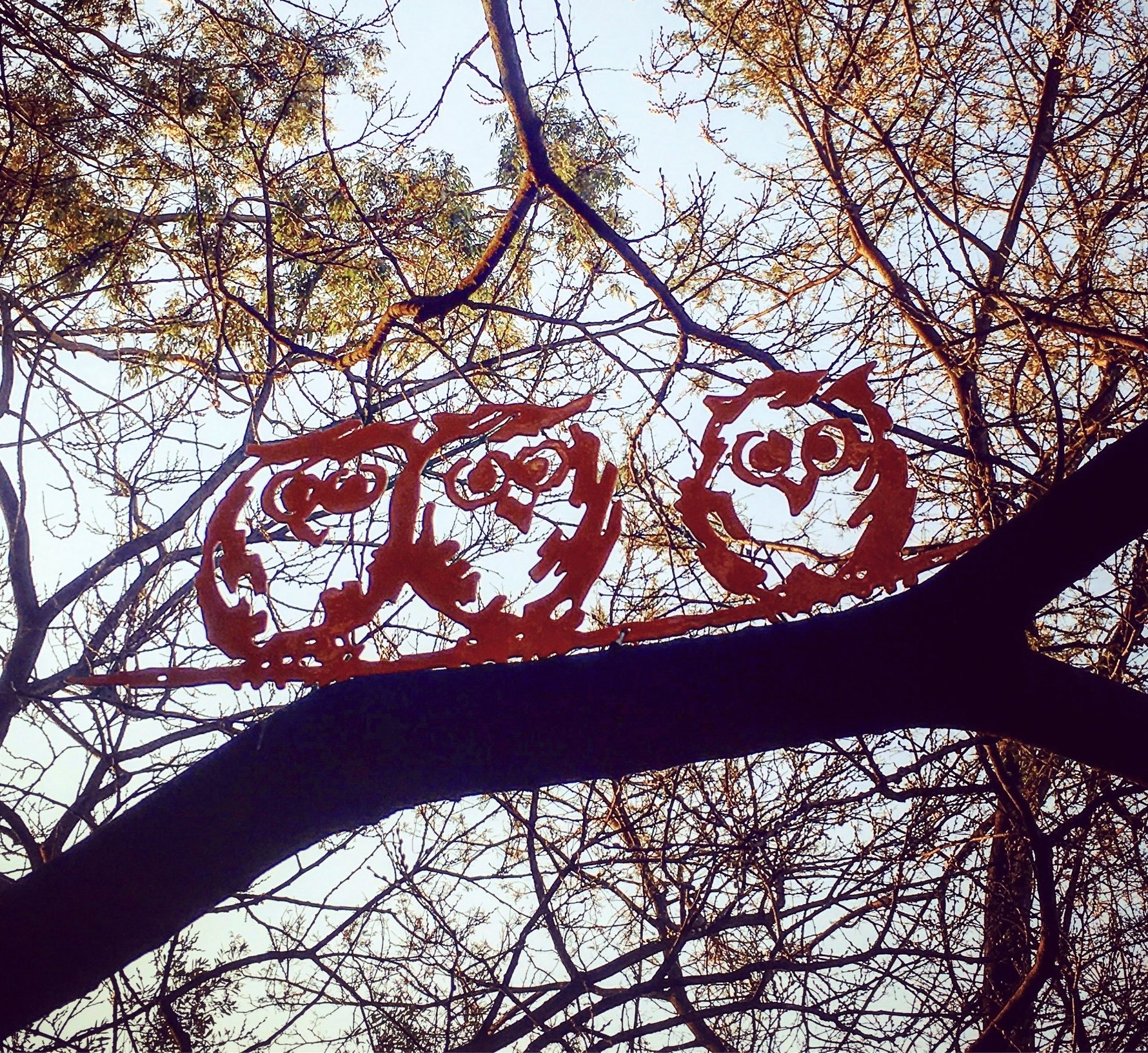
In the succeeding years, Delaney fostered relationships with City Parks and the Johannesburg Heritage Foundation (JHF) who subsequently endowed The Wilds with one of their famous Blue Plaques (an initiative recognising legacy sites in the city). During this time, Delaney also began installing colourful, laser-cut sculptures throughout the park. To date, the park has been adorned with 100 animals, including a blue hadeda, bright yellow bats, an orange elephant, a red kudu, and a grey pangolin.
For him, the purpose of these sculptures is two-fold: he hoped they would attract people to parts of the park that were not being visited, and he wanted to create photo opportunities for visitors. Most famous amongst these sculptures is the beloved five-metre-tall pink and yellow giraffe that is visible from the road.
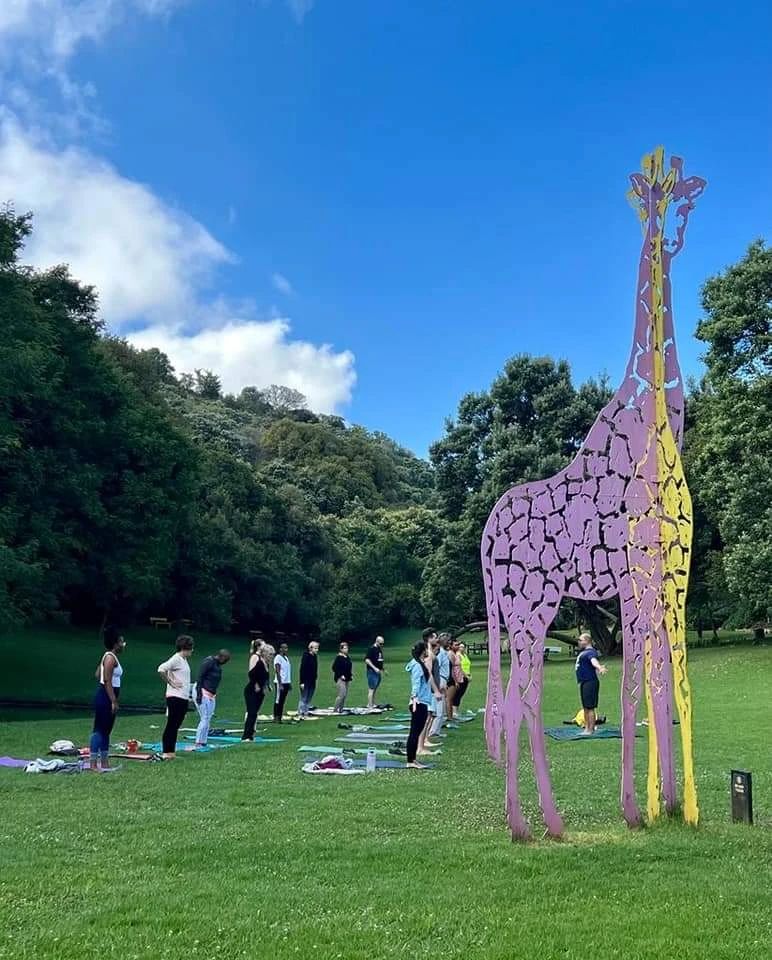
The Wilds is split by Houghton Drive into two parts, West Wilds and East Wilds. These have separate entrances but are connected by an elegant pedestrian bridge. The West is reminiscent of a traditional park, more manicured, with a picnic lawn albeit with dramatic rocky pathways to explore, while the East is less cultivated and recommended for group walks. To entice visitors to explore as much of the park as they can, West Wilds has been divided into different nooks and crannies, each adding to the magic. There is the Giraffe Lawn, Kudu Corner, Bushwillow Pond, Palm Waterfall, Heteropyxis Heaven, and many other gems scattered between the trees.
Thanks to the efforts of the Friends of the Wilds the park has excellent signage, plenty of benches, and well-thought-out places to rest. The Wilds also boasts a sundial created by Malcolm Barnfield and Dave Baguley, a number of greenhouses, and views of Hillbrow, Berea, and the City Centre. Green benches provide ample spots to rest and enjoy the scenery, while the charming, well-maintained stone pathways can keep you occupied for the better part of the day. For plant lovers, there are yellowwoods so large you can't wrap your arms around them, fever trees, white stinkwoods, a large variety of cycads and aloes, as well as rare indigenous plants that are seldom seen in other places.
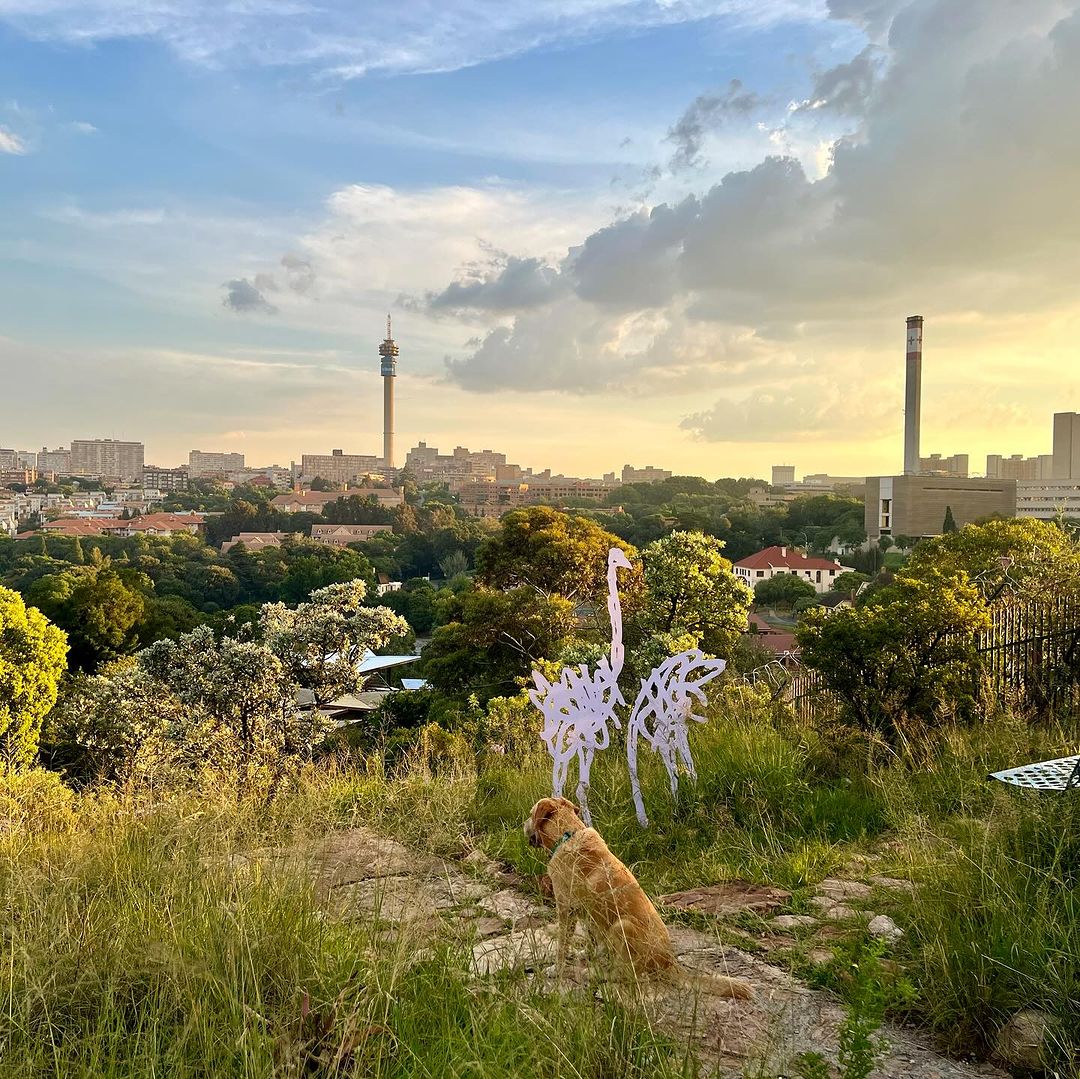
Despite its tumultuous history, The Wilds has been restored and is once again a popular Joburg attraction. On any given day, there are dogs, runners, walkers, and picnickers to be found there. "The more people who visit The Wilds, the safer it will become. The Wilds’ staff obviously work hard to maintain this park and they’re doing an amazing job. Their hard work deserves to be recognized and enjoyed," writes Mason.
To date, The Wilds have attracted more than 2000 volunteers and a growing base of regular visitors. As a way to encourage ongoing engagement, the Friends of The Wilds community was established in 2017. Join them on Facebook. They host guided walks on Sunday and Tuesday mornings for people and pets, as well as other events, with Kennedy Tembo of MicroAdvetures Tours also offering a senior citizen's walk weekly. With regular maintenance, free entrance, breathtaking views, unexpected art, and refreshing forests, it's no surprise that Joburgers love this park. To quote Delaney, "May [The Wilds] grow from strength to strength, and may the message of restoring green spaces spread along these ridges and across the city."
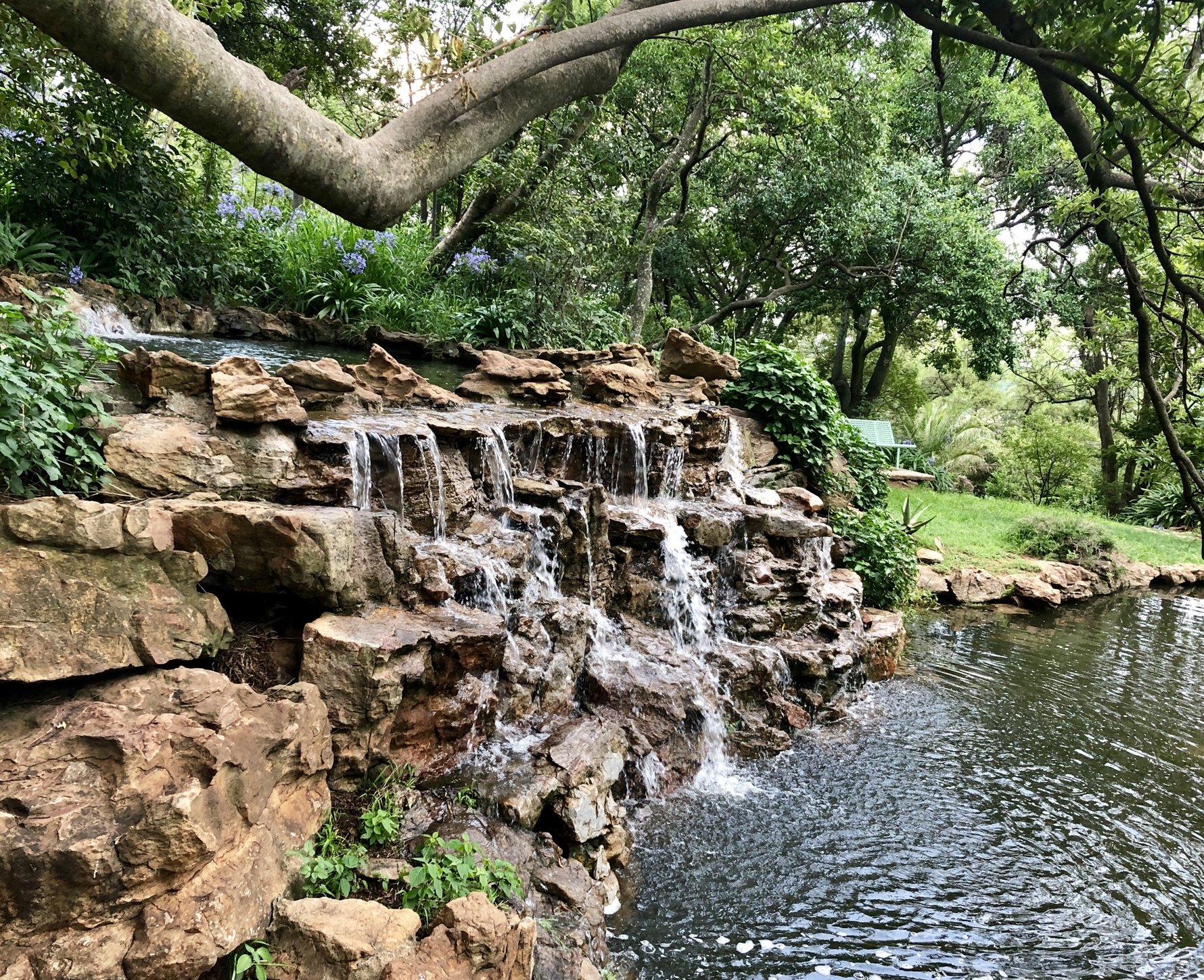


_m.jpg)
_m.jpg)
_m.jpg)
_m.jpg)
_m.jpg)


Comments